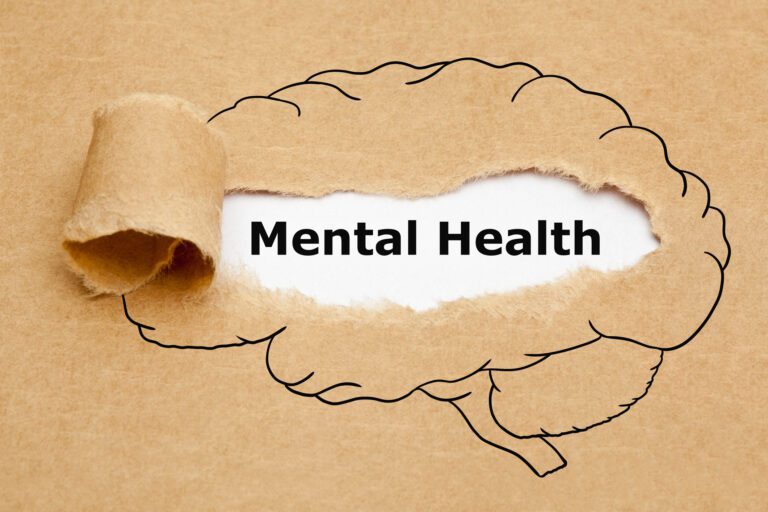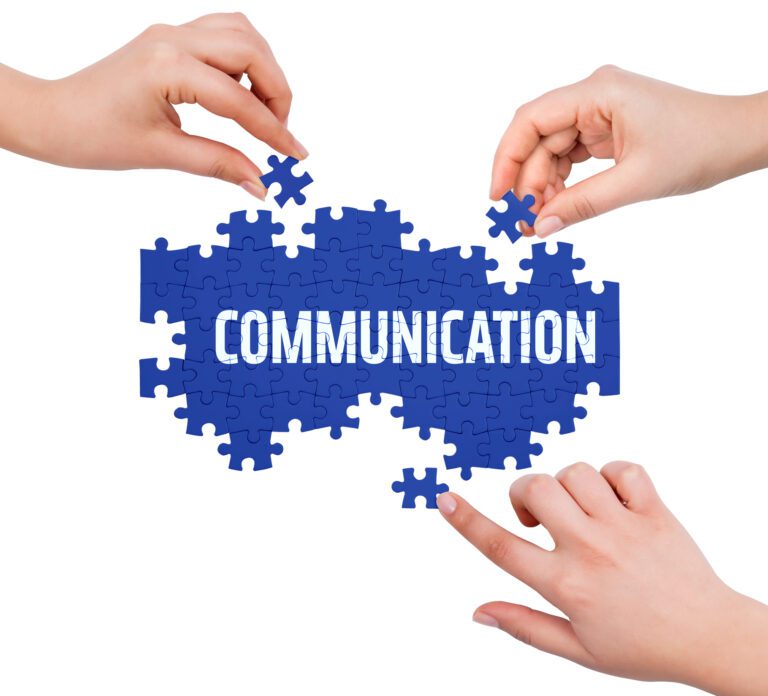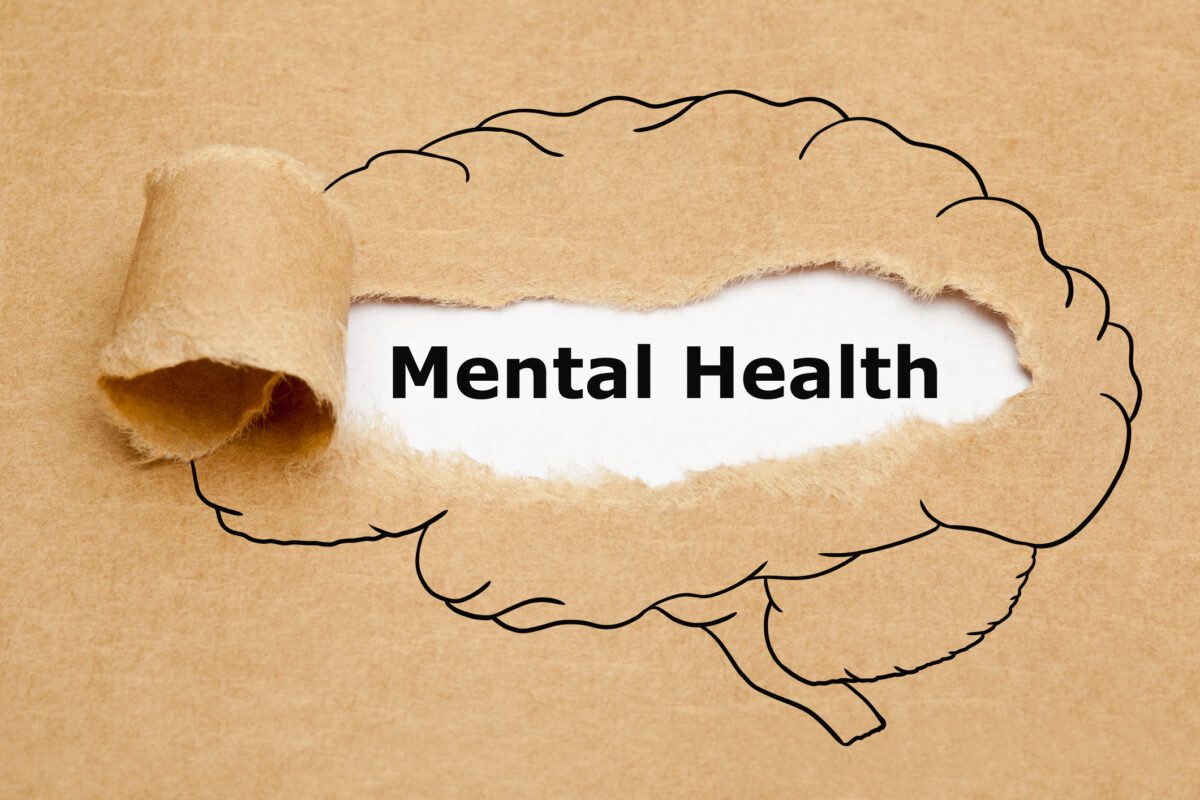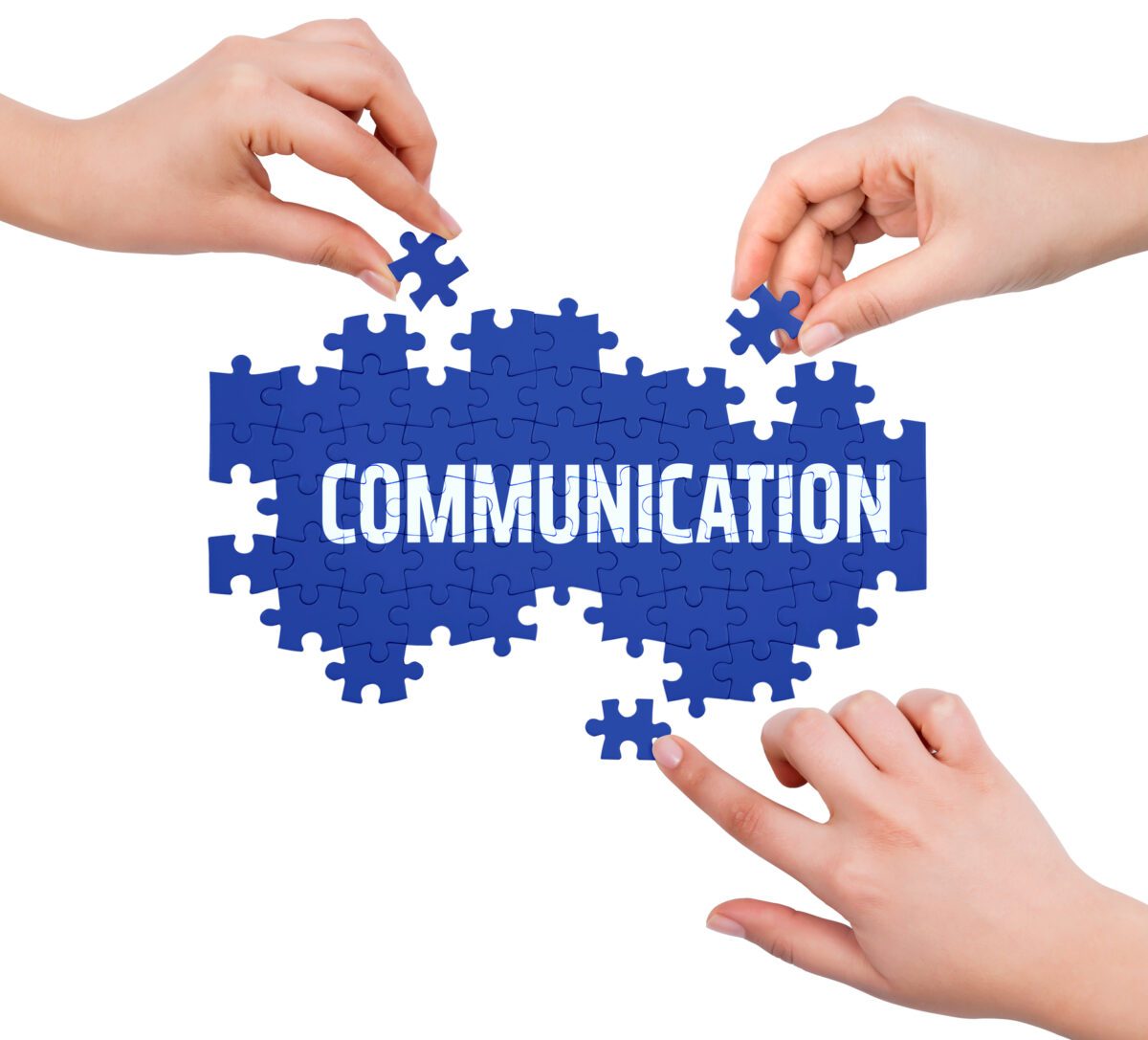It is not an easy feat to talk to your child if you suspect they may be struggling with an eating disorder. It can be hard to know where to start. You may feel that you are walking on eggshells, but you also want to address the issue. You may also fear you will say the wrong thing.
As a parent, nothing hurts more than seeing your child suffer. Not only to suffer, but to not know how to fix the problem to end your child’s pain. Most parents would do or give anything to help their child recover from an eating disorder.
A discussion may plant the seed communicating your concerns for what your child is doing, and it may help bring the issue to the surface. There are helpful ways to address your concerns with your child.
Here are some tips:
1. Schedule a time to talk
Choose a predetermined and agreed upon time when you are calm, not rushed and will not be interrupted.
Be compassionate, kind and supportive in your concern, but also be clear. It is important that you stay composed and centered. Plan to approach her privately when there is plenty of time to discuss the issue.
2. Prepare
Write down what you might say ahead of time. Choose 3-5 key points and share them. Offer your observations in a caring but clear and direct manner. The more specific you can be regarding examples of your observations may help as well.
3. Keep the Pressure Low
To overcome this dilemma, parents need to leave the pressure and expectations at the door and simply offer compassion to their teens. This can be accomplished by avoiding any expressions that imply disappointment, anger, or sadness. The primary role of the family in their child’s eating disorder recovery
4. Always be Compassionate (ABC)
Remember, no matter how hard this conversation is for you as a parent, it’s tougher for them. Many people with eating disorders feel guilt and shame. Communicating with compassion requires parents to sincerely try to understand where their child is coming from emotionally and in terms of their body image.
5. Use “I Feel” and Other “I” Statements
Saying something like “I feel there have been changes in the way you eat and I want to help” rather than “You are showing ED symptoms” helps teens from feeling attacked and defensive.
Through the use of “I” statements, parents can express their love for their teens while addressing concerning issues. They can help their teens see their disordered eating behaviors from a new perspective, potentially helping them understand their need for professional help.
6. Be Patient
Even when using a compassionate, judgment-free approach, expect that your teen will be resistant to discuss their weight or body image, and just as resistant to admit there is a problem.
In most cases, they are listening but struggling to reconcile their emotions with the advice they are receiving from their parents. The process can’t be rushed; as a parent, firm patience is key.
7. Avoid Judgement
Instill a “no pressure” concept. A judgmental tone may cause your teen to shut down and end the conversation. Make it clear that you are not there to blame them. By avoiding judgment, parents can help exude compassion, and this is what children need most. Without judgment, teens can share their thoughts, feelings, and experiences more easily.
8. Not going as planned
Plan and be prepared to take a break if necessary. Be ready with a helpful comment such as “Why don’t we take a break and have some time to process and we can meet again tomorrow.
If talking isn’t going well, consider other ways to communicate. Examples include emailing back and forth while in the same room, writing back and forth on a pad of paper. To understand more on eating disorder recovery, do not hesitate to contact me.














